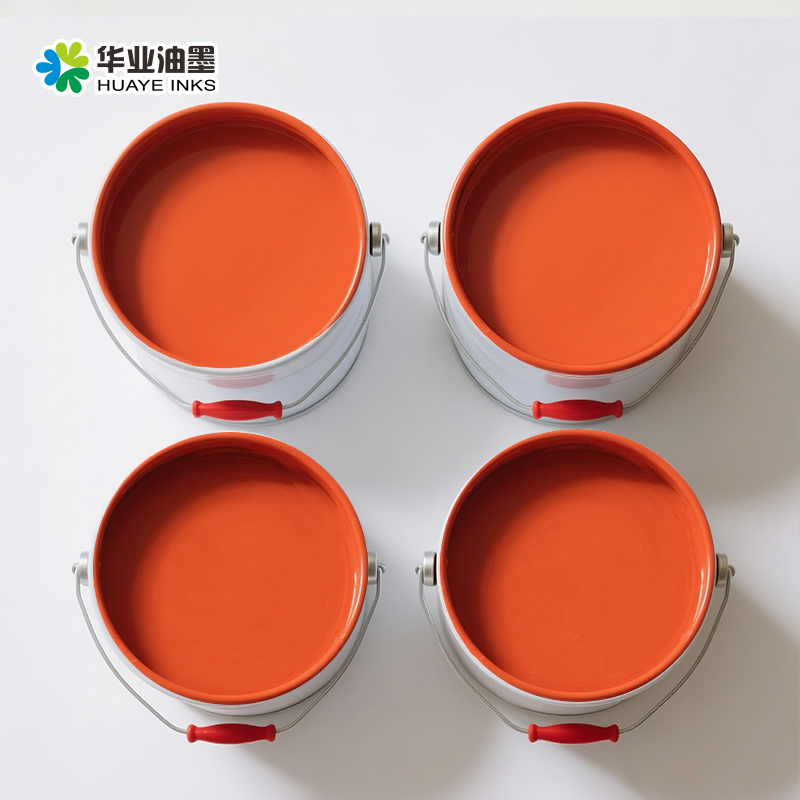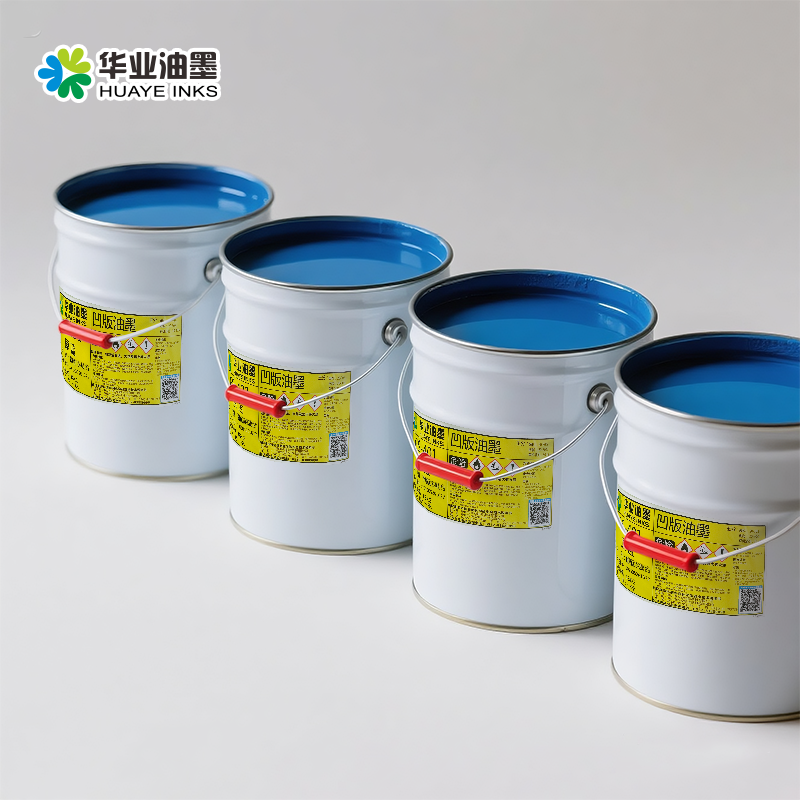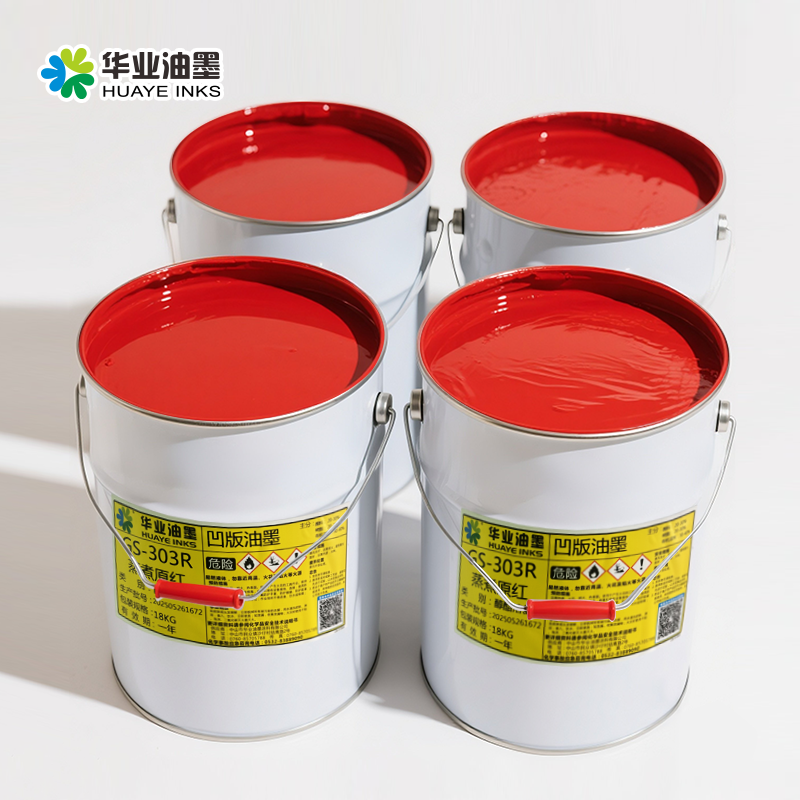No.2 Jieqing Road ,Shazai industrial Park, Minzhong Zhongshan City, Guangdong Province
Industrial ink is a specialized category of inks designed to meet the unique and diverse requirements of various industrial printing applications. From manufacturing and packaging to construction and automotive, industrial ink plays a vital role in marking, labeling, and decorating products and materials. The formulation of industrial ink varies depending on the specific application and the substrate it will be used on. For printing on metal substrates, industrial inks are formulated with strong binders that can adhere well to the smooth, non - porous surface and offer resistance to corrosion and abrasion. In the case of plastic substrates, the ink needs to have good compatibility with different types of plastics, such as polyethylene, polypropylene, and PVC, ensuring that it adheres firmly and does not cause any chemical reactions or degradation of the plastic. Pigments in industrial ink are selected based on factors such as color requirements, lightfastness, and resistance to environmental factors. In outdoor applications, for example, highly lightfast pigments are used to prevent the printed images from fading under sunlight exposure. For applications where the ink may come into contact with chemicals, such as in the manufacturing of chemical containers, pigments with excellent chemical resistance are incorporated. Solvents in industrial ink are used to control the ink's viscosity and drying characteristics. Solvent - based inks, although being phased out in some industries due to environmental concerns, are still used in certain applications where their fast - drying and good adhesion properties are crucial. Water - based industrial inks are becoming increasingly popular due to their lower environmental impact, as they have reduced volatile organic compound (VOC) emissions. They are suitable for many applications, especially those where safety and environmental friendliness are priorities. Additives are often included in industrial ink to enhance specific properties. Anti - rust additives can be added to inks used for printing on metal to prevent corrosion. Anti - fading additives are used to improve the color stability of the ink over time. Additionally, additives can be used to adjust the ink's gloss, hardness, and flexibility, depending on the requirements of the industrial application. As industries continue to evolve and new materials and printing technologies emerge, the development of industrial ink will also progress to meet the changing needs of the market.


